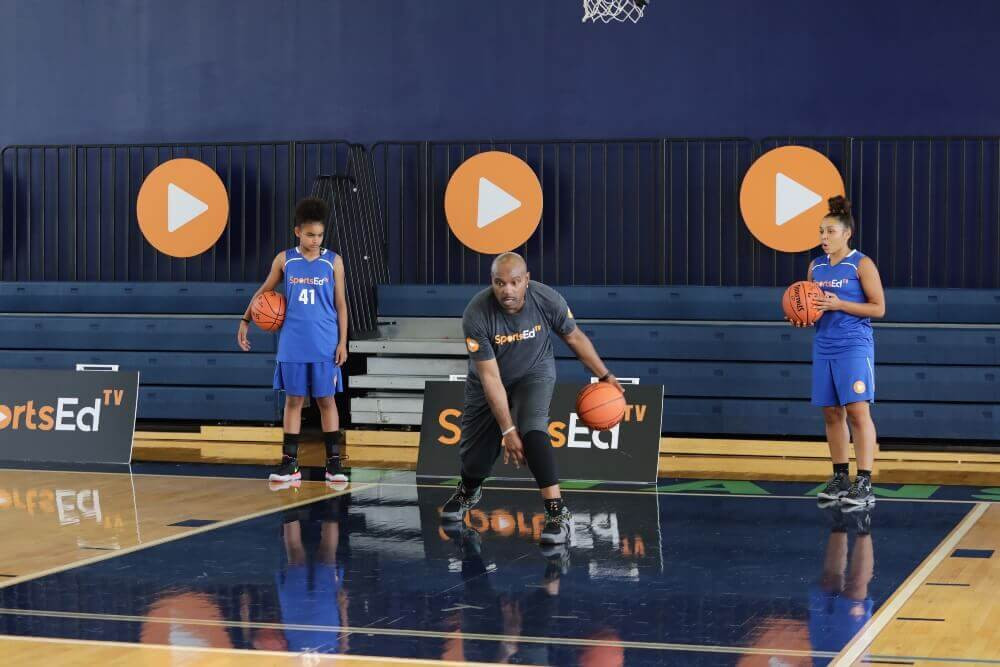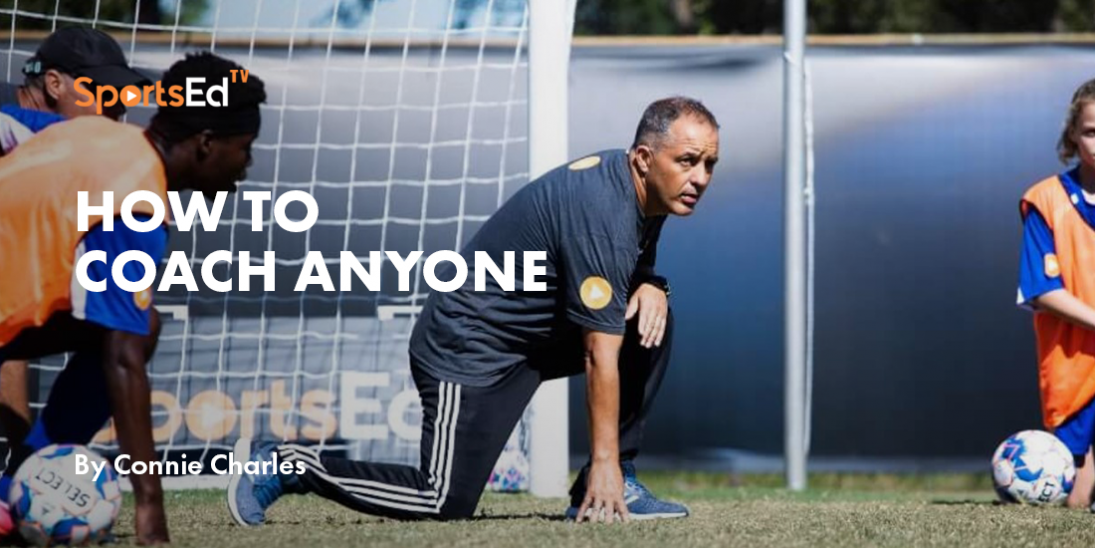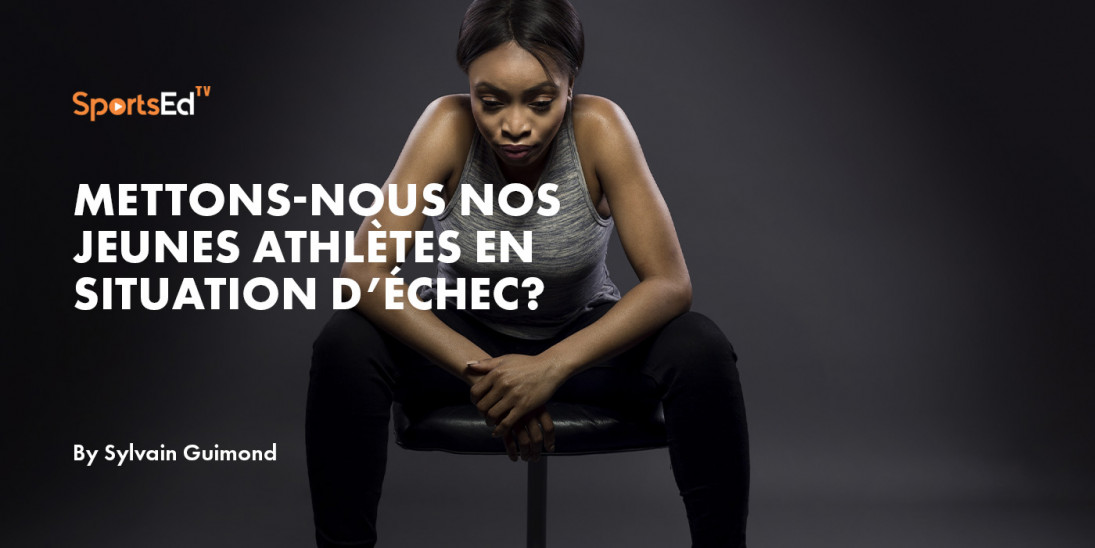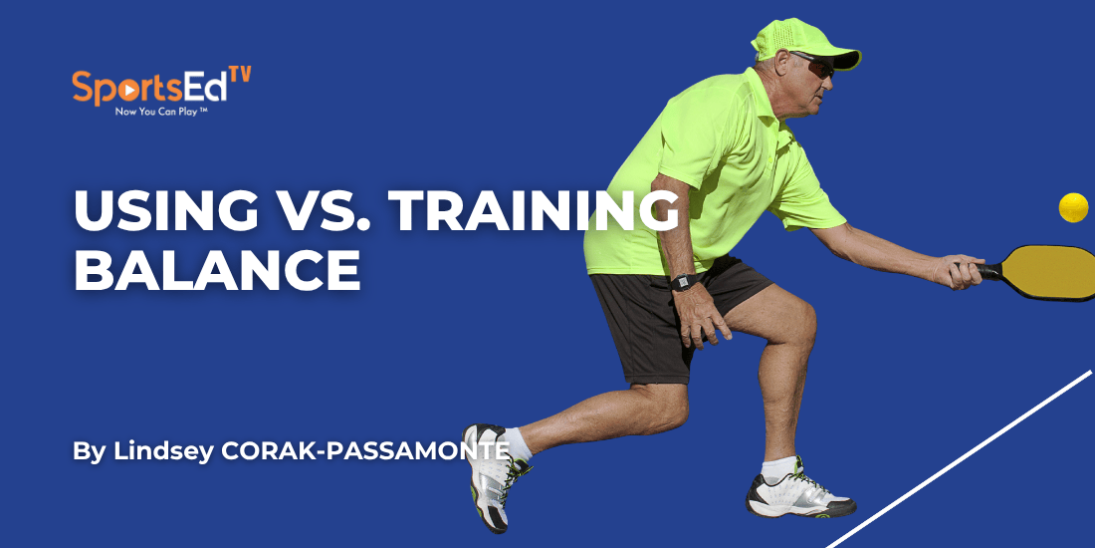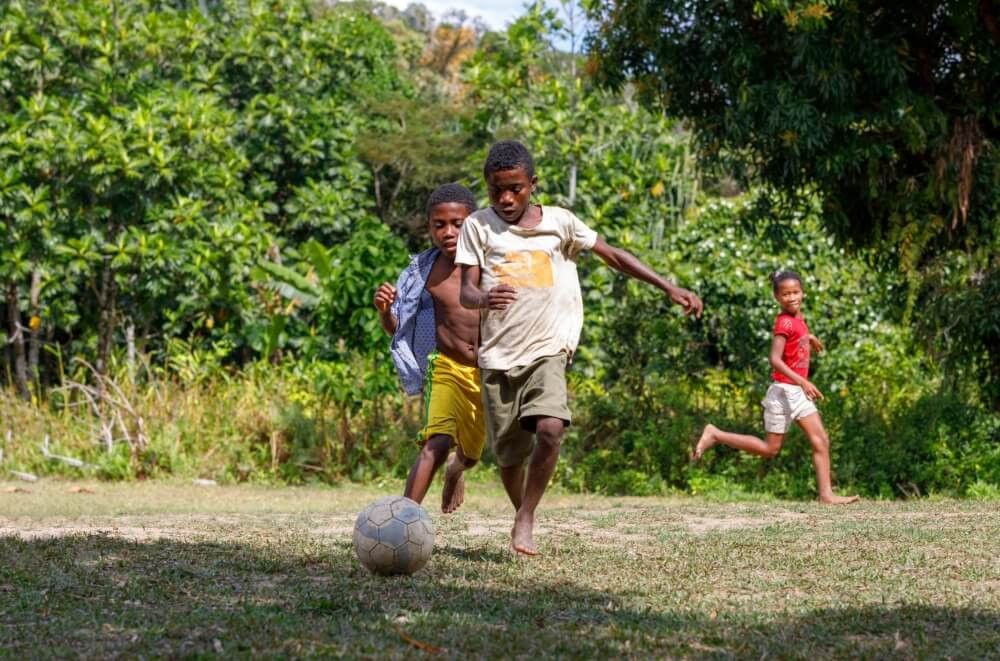Mental Health, Pickleball
Welcome and thanks for visiting...

A Pickleball Learning Curve By Connie Charles
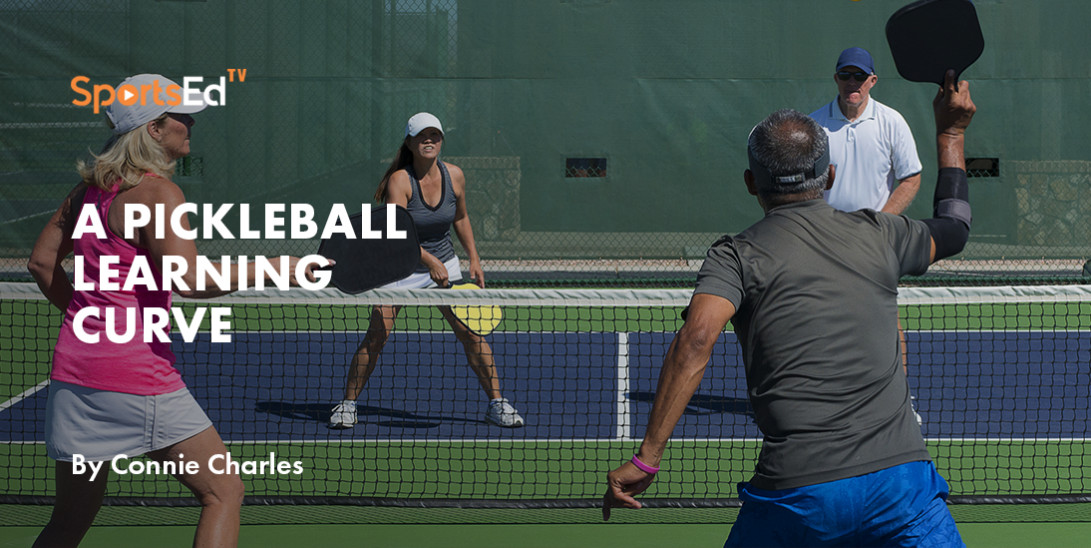

As adults, we often forget what it takes to master a new skill. I was reminded of this recently when I visited my brother and was invited to come to watch him play Pickleball. If you’ve never heard of Pickleball, it’s a growing recreational sport that, in my mind, is a combination of ping pong and tennis. The court is shorter than a tennis court and the paddles that you play with are more like what you use in ping pong than tennis.
As I was on the sidelines watching this fast-moving game, one of the players came up to me and said, “wouldn’t you like to give it a try? I’ll be your coach.” After a few ignored protests, I found myself on the court, paddle in hand, attempting to hit a hard-plastic ball across the net. I’ll admit, it was fun, and I got easily hooked on the game as I tried to recreate my tennis backspin with this short, hard paddle.
However, it was not fun being a beginner. Especially after falling flat on my face after unsuccessfully chasing a shot. My coach was persistent and by the end of the afternoon, I was even winning a few points. But, starting as a novice did not fit my self-image and certainly challenged my psyche.
It’s easy for us to stick with what we’re good at and avoid those situations that stretch our skills into new areas. And yet the ability to grow and change is exactly what makes a great athlete. Sometimes, to get there though, we must be willing to go back to the beginning stages of the learning curve to master some fresh skills that will prepare us for a new pitch, a new swing, a new grip... you get the idea.
People who have successfully mastered a sport are the most vulnerable to this “beginner’s anxiety” when presented with the need to go back to the starting gate. And yet, it’s the change that could lead to better performance. Openness to taking a few steps backward into novice land to try new methods and techniques may be the difference between winning and losing. Resistance could result in getting stuck on a performance plateau.
Make sure you have the right equipment. Check out our suggested HEAD paddles
The secret to overcoming this aversion to being a rookie at something is to focus on the desired outcome of the journey. The seconds that could be shaved off time, the more points that can be scored, the number of medals that could add up. The solution is simple; begin with the end. Build that vision of the desired success and then when you connect the need to start as a newbie, it becomes more palatable. The mistakes, the embarrassment of getting it wrong, the temporary losses, then falling flat on your face, become worth it.
My time on the Pickleball court taught me an important lesson. Mastering something new is probably not going to feel good, especially if you’re top in your league. But, being open to starting at the ground level, could open up new opportunities for success. Or, you could always try Pickleball!


